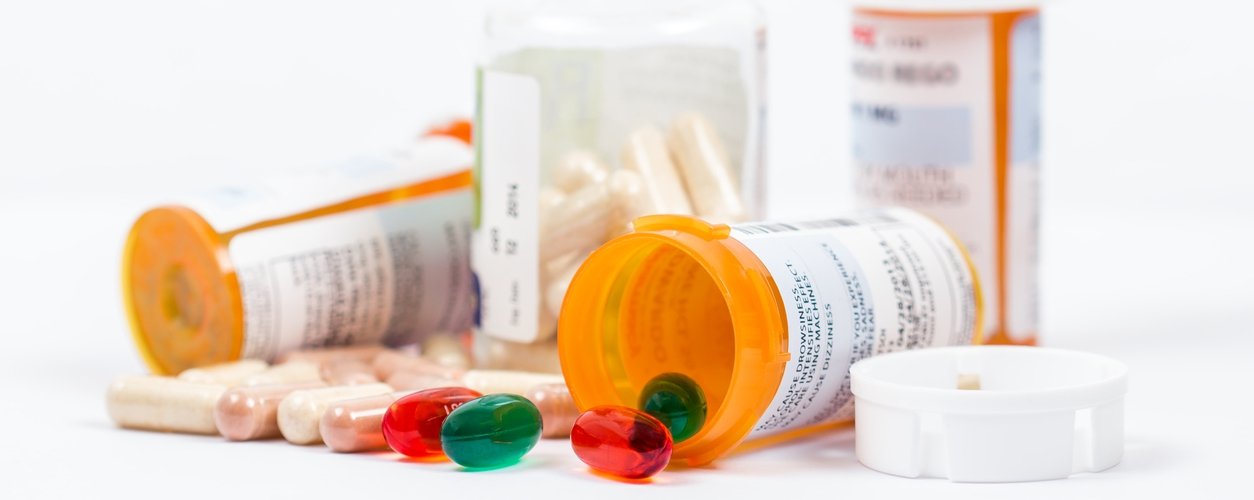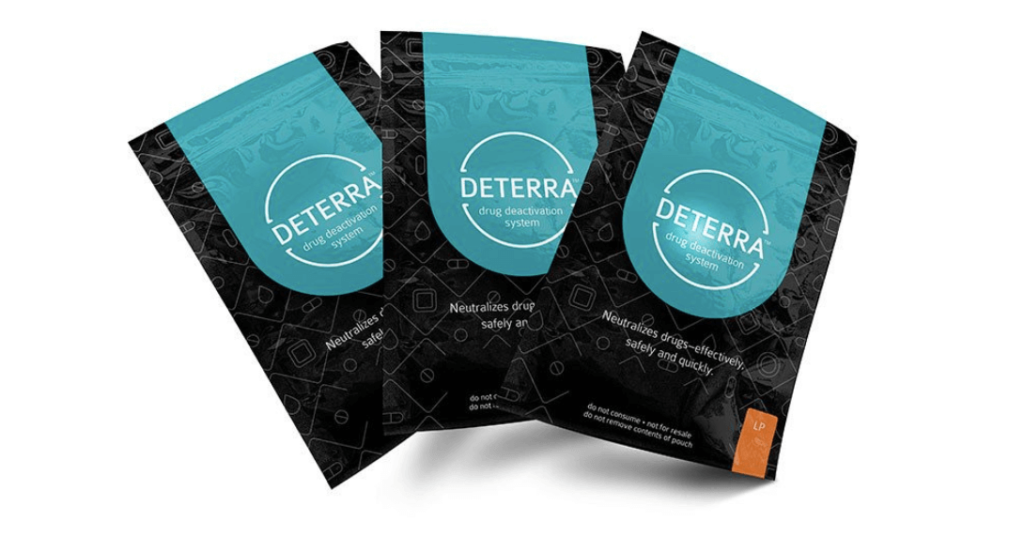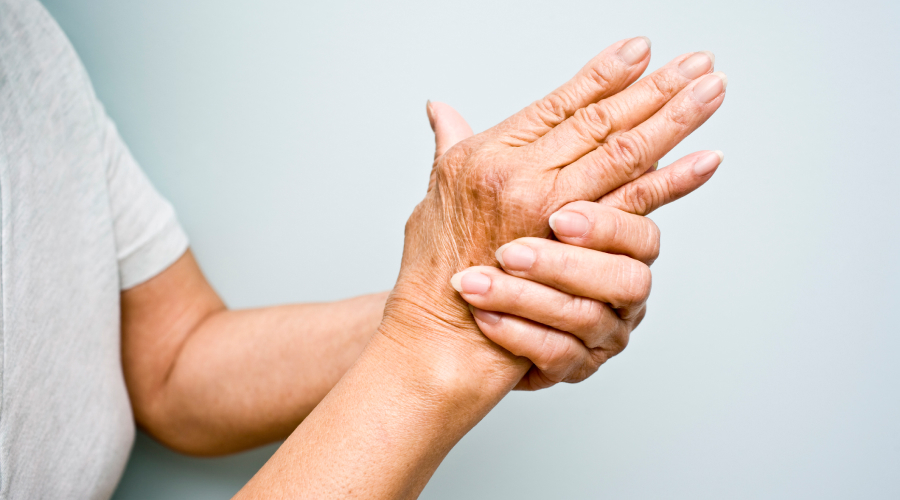
Whether unused, expired or just not needed, it’s likely that you’ve had prescription opioids take up space in your medicine cabinet. That’s because “out of sight, out of mind” is all too common once pain is effectively under control. But neglecting those leftover prescriptions and avoiding proper opioid medication disposal can possibly have dangerous side effects for the people around you and the environment.
What Could Happen if You Don’t Dispose of Leftover Opioids
By now we are all familiar with the opioid epidemic, especially in the New Hampshire area. But did you know that leftover prescription medications can lead to opioid abuse and addiction?
After surgery, patients are usually prescribed opioids like:
- OxyContin®
- Percocet®
- Vicodin®
- Percodan®
These pill-forms of opioids are intended to help manage the pain that comes during the recovery process. However, patients are commonly over-prescribed, receiving excessive and unnecessary dosages, pill amounts and refills. This leads to an excess of unneeded pills in medicine cabinets, which can be dangerous if they fall into the wrong hands.
A research report from JAMA Surgery recently examined post-surgical habits of patients and found some shocking statistics:
- More than 2/3 of patients have leftover opioid prescriptions in the weeks following their procedure.
- 3/4 of patients stored their excess medications in an unlocked cabinet or dresser.
- 70% of patients say they hadn’t thought about what to do with their leftover opioid pills.
Opioid medications falling into the wrong hands is one of the leading causes of the ongoing epidemic. It’s easy to become addicted to these pills, and once they are no longer easily accessible, addicts turn to cheaper substitutes like heroin and fentanyl.
If the 70% of patients who didn’t have a plan for their leftover opioid pills started to dispose of them properly, the potentials for opioid addiction could be cut off right at the source. Below are some simple opioid disposal methods that can help control this epidemic.
How to Properly Dispose of Your Opioid Prescriptions
Before you prepare to get rid of your prescription medications, check the labels for any specific instructions. All medication is different and some may require specific disposal procedures that aren’t listed here. If you have any hesitations, always consult with your pharmacist or doctor about the best way to get rid of your medications.
Once you’ve checked your labels, you can use the following disposal methods:
1. Find Your Local Medicine Take-Back Program
Medicine take-back programs are an easy way to drop off your unused prescriptions. When in the hands of professionals, your excess medication will be properly disposed of and you won’t have to worry about doing it yourself!
DisposeMyMeds.org has an easy-to-use search to help you find a take-back program near you. There are also take-back days sponsored by the Drug Enforcement Administration (DEA) that are set up throughout the year. You can find the next one here. Your doctor or local pharmacist may also have information about these programs, so don’t hesitate to ask them.
2. Bring the Medicine Back to Your Doctor
You’ll likely have follow-up appointments with your doctor after undergoing a surgery or medical procedure. This is the perfect time to bring in any of your unused opioid prescriptions. If you have expired or older medications, you can also call or stop by your doctor’s office to see if they are able to accept them. If not, they will be able to point you in the right direction.
3. Dispose of Your Opioids at Home
It’s also possible to dispose of your opioids at home! There are just a few simple steps to make sure it’s done properly
- Destroy the label of the prescription bottle or package, including all your personal information.
- Put the leftover pills in a plastic bag. Then mix them with an unpalatable substance like dirt, sawdust, used coffee grounds or kitty litter. This substance can basically be anything that will make the contents of the bag undesirable. Just don’t crush the tablets or capsules, and make sure to add in the bottle or package too.
- Seal the plastic bag. You could also double bag the contents using a darker colored bag so that it’s not see-through.
- Throw the bag away in your household trash. It’s ideal to make sure this bag is buried underneath other garbage too.
If you’re disposing at home, make sure to follow these steps accurately. Simply throwing pills straight into the garbage or flushing them down the toilet can be ineffective and harmful to the environment, including water supplies.

4. Use a Deterra Drug Deactivation Pouch
The Deterra Drug Deactivation System was created for environmental protection and drug abuse prevention. The environmentally friendly pouches are specifically designed to deactivate prescription medications in just three simple steps:
- Put unused medications in the pouch.
- Fill the pouch up halfway with warm tap water.
- Wait 30 seconds, then seal and gently shake the pouch. Then you can dispose of the pouch with your normal trash.
The Deterra pouches can be purchased online or you can ask your doctor or pharmacist where you can find them locally.
The leftover prescriptions in your medicine cabinet aren’t helping anyone, so why not dispose of them properly? If you have any questions about how to go about this the right way, contact your physician or reach out to your local Access Sports Medicine office.



